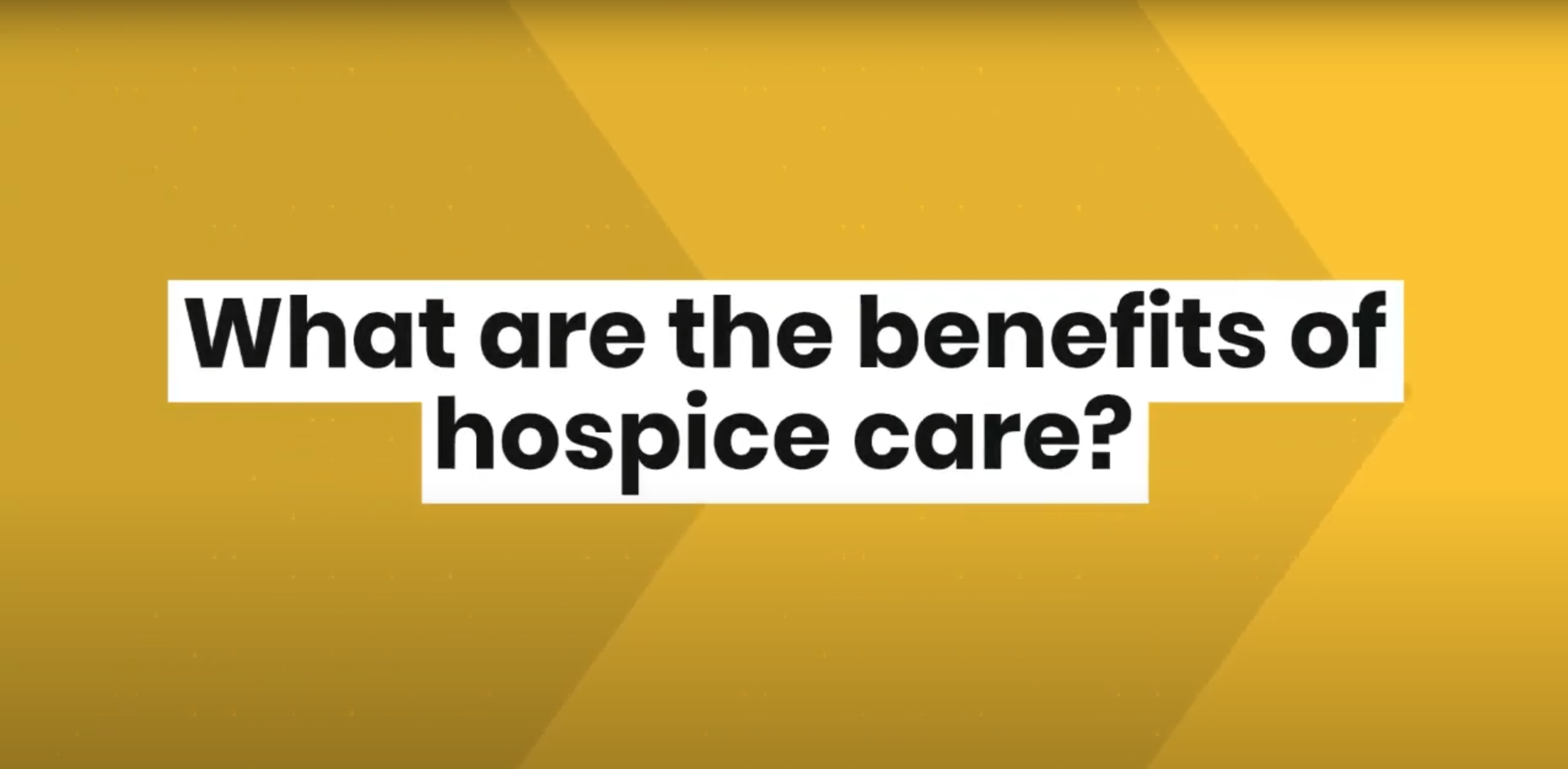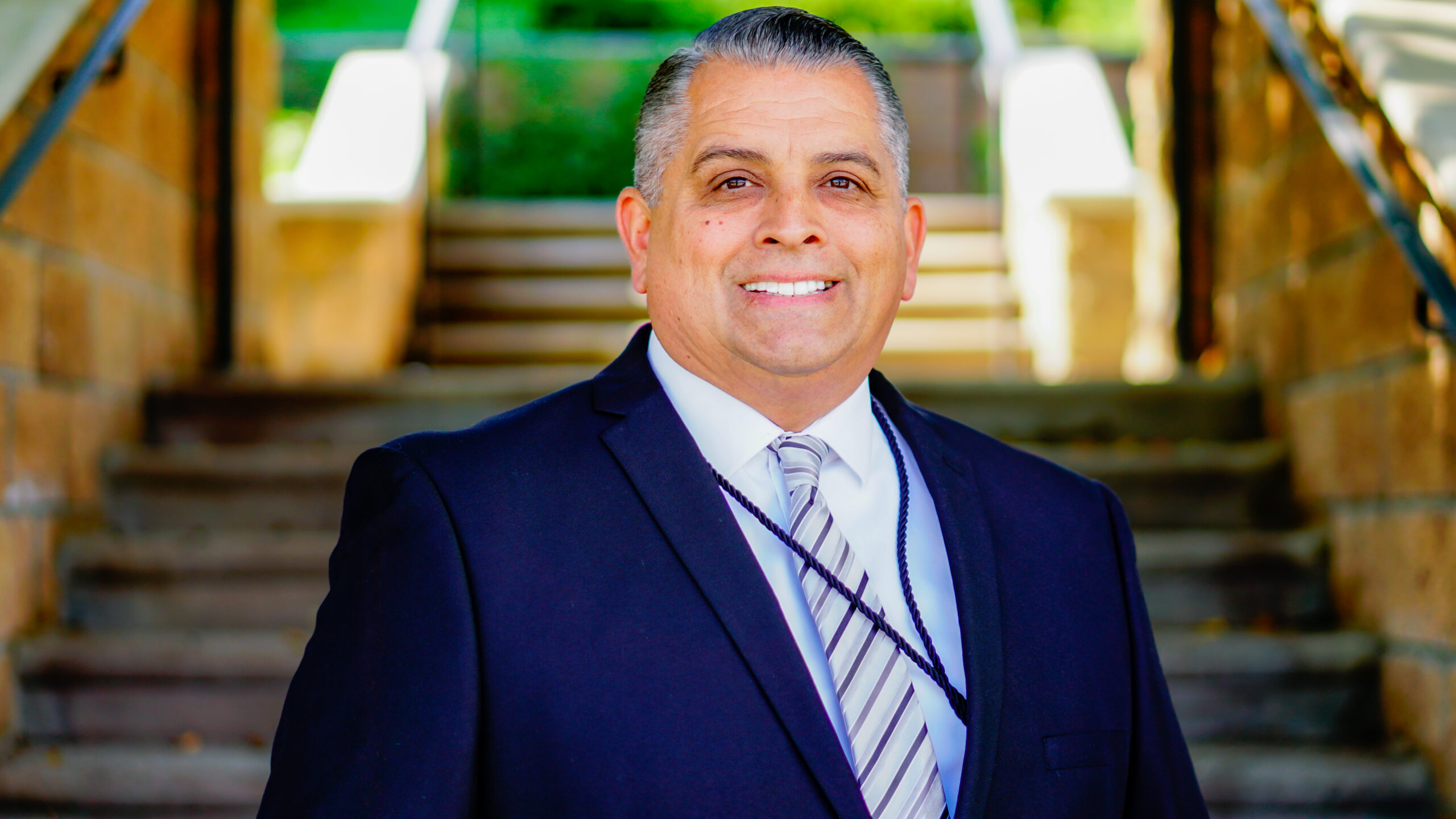

Chaplain Manny Flores
A Friend till the end
Hello! My name is Manny Flores I am a clinical chaplain for Medicare I specialize in the hospice and palliative care field.
I am a hospice liaison that will help you or your loved one receive a higher level of care at no cost to you! On top of this, I am a spiritual care coordinator with a pastoral background to help in your spiritual needs.
Want to get started?
Bereavement Coordinator
I help people deal with the grief they feel about their loved one’s death or diagnosis. I do this with compassion and great communication.
Grief is a very sensitive subject. Most people feel uncomfortable talking about it. I have a calm demeanor and have dealt with the death of my own loved ones. My experience will help you move forward at a steady pace. Find out how grief affects your life, and what you can do to move forward.
Spiritual Care Coordinator
Spiritual care is an aspect of health care that supports the inner person (spirit/soul) to help deal with the health challenges that you or your loved one is facing. This may include concerns or questions about personal meaning, purpose, legacy, hope and faith.
I provide spiritual care that helps you or a loved one deal with the pain that can’t seem to be dealt with. With spiritual care, I provide an open space for people to engage and reflect on life, faith, and hope.
Looking for more information about hospice and palliative care? Read a few stories below:

How to deal with end-of-life changes
It’s a difficult topic and it often hinders communication at a moment when our patients need it the most.

How to communicate with patients who don’t have much longer?
It’s a difficult topic and it often hinders communication at a moment when our patients need it the most.

Ways to Measure Quality of Life with a Hospice Patient
You naturally care about the quality of life and the final days of your patients. But how do you know you’re handing it right?